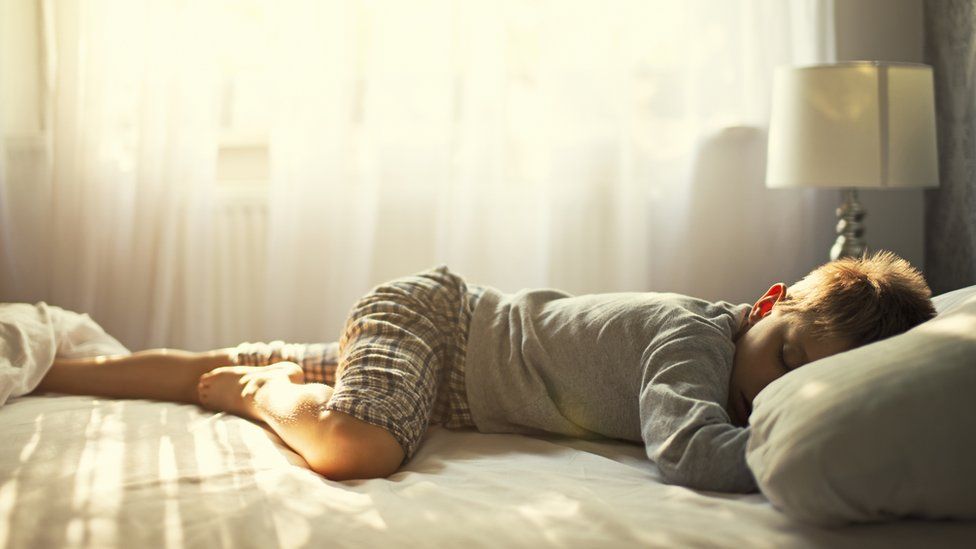-

-
-
Loading

Loading

The use of melatonin among children in the United States is increasingly common, with nearly one in five children under the age of 14 now using it to aid sleep, according to a new study. The research also reveals that parents are giving melatonin to younger children, with about 18% of children aged five to nine using it as a sleep aid. Last year, the American Academy of Sleep Medicine issued a health advisory recommending that parents consult a doctor before giving melatonin to children. Melatonin is a hormone produced in the brain that helps regulate sleep, and it is one of the most common supplements given to children in the US. Unlike in many other countries where it is classified as a drug, in the US, melatonin is considered a dietary supplement and can be purchased without a prescription. The study, published in the journal JAMA Pediatrics, interviewed parents of 993 children aged one to 14 and found a significant increase in the use of melatonin in recent years. While melatonin can be a short-term solution to promote sleep, the study showed that parents were using it regularly, with preschoolers taking the supplement for a median of 12 months, primary school-aged children for 18 months, and pre-teens for 21 months. However, the authors caution that the study was small and may not represent nationwide usage. The use of melatonin has been on the rise across all age groups for the past few decades. An online survey conducted earlier this year by the American Academy of Sleep Medicine revealed that approximately 46% of parents have given melatonin to children under the age of 13 to help them sleep. The survey also found that fathers are more likely than mothers to give melatonin to their children, and younger parents are more likely than older parents to provide the sleep aid. Furthermore, poison control centers in the US have seen a 530% increase in reports of melatonin ingestion in children between 2012 and 2021, with most cases being accidental and the majority of children showing no symptoms. However, a small percentage of cases resulted in children requiring intensive care. Previous research has also shown that the actual dose of melatonin in supplements often differs from the amount stated on the packaging label. While melatonin may cause mild side effects such as daytime sleepiness, headache, nausea, and dizziness, the long-term effects of melatonin consumption in children and adolescents are not well known. The American Academy of Sleep Medicine advises parents to treat melatonin like any medication and to keep it out of reach of children. They also recommend consulting a pediatric health professional before use and suggest that sleep problems can often be managed through changes in schedules, habits, or behaviors instead of relying on melatonin. If melatonin is used, a medical professional should recommend the appropriate dose and timing to address the sleep problem.